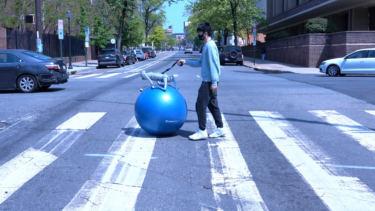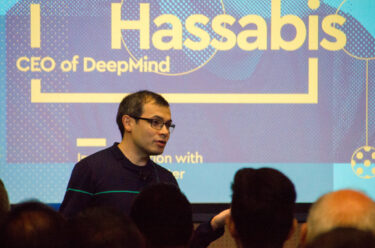Singapore's government wants to use authors' works to train a large AI language model, but is facing resistance from writers. The government has requested permission to use published texts for its $52 million National Multimodal LLM Program (NMLP). But many authors and publishers are opposed, citing unresolved issues of compensation and copyright. They are concerned that AI could misuse their works. Without their consent, the NMLP would have to rely on lower quality content, which could negatively impact the model's performance. Authors around the world are increasingly resisting the unauthorized and unpaid use of their texts for AI training. Recently, eight major US publishers sued OpenAI and Microsoft for copyright infringement. OpenAI and other AI companies are currently entering into non-transparent agreements with select publishers to better position themselves for future AI models and ongoing litigation.
The U.S. government is considering new export restrictions on advanced AI models to limit access by China and Russia. According to Japan Times sources, the Commerce Department is considering restrictions on proprietary AI models whose software and training data are kept under wraps. The goal is to prevent U.S. adversaries from using the models for cyberattacks or to develop biological weapons. One criterion could be the computing power required for training. Until now, U.S. companies such as OpenAI have been able to sell their models without restriction. The planned controls complement previous measures such as export bans on AI chips. They would affect back-end software, but not end-user applications like ChatGPT. However, experts question the feasibility of these measures given the rapid pace of AI development. It is estimated that China is only two years behind the US in AI. The Chinese embassy criticized the plans as a "typical act of economic coercion and unilateral bullying, which China firmly opposes."
OpenAI is considering generating NSFW content in the future. The company wants to give developers and users the flexibility to use the services as they see fit, as long as they follow the usage guidelines. OpenAI is currently investigating whether it is possible to responsibly generate NSFW content in age-appropriate contexts via the API and ChatGPT. This includes potentially erotic content, extreme violence, profanity, and unwanted obscenity. The company wants to better understand user and societal expectations for model behavior in this area. To date, the chatbot has not generated any content that would be inappropriate in a professional environment - meaning mainly erotic content. In the past, OpenAI has banned services that used the OpenAI API for NSFW content.










